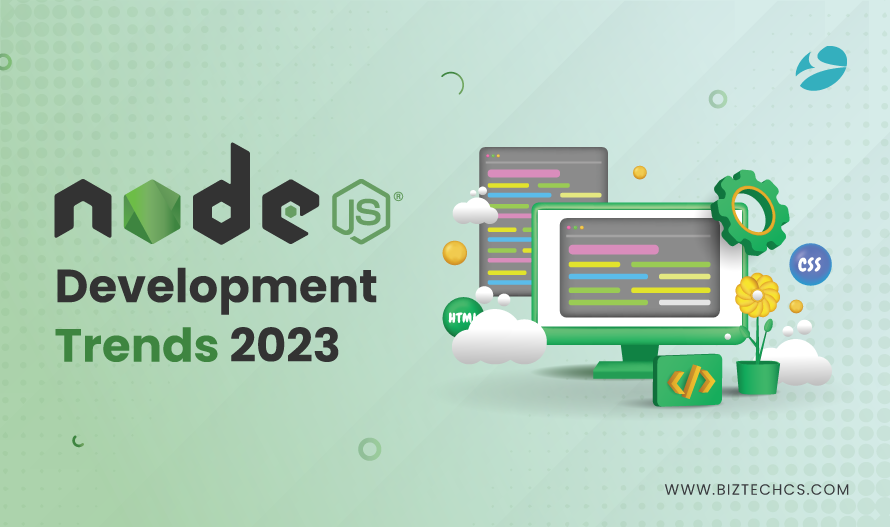Tube Rank: Your Guide to Video Success
Discover tips and insights for optimizing your video presence.
Node.js: The JavaScript Sidekick You Never Knew You Needed
Unlock the power of Node.js and discover why it's the ultimate JavaScript sidekick for your projects! Don't miss out on this game changer!
Why Node.js is the Perfect Companion for Your JavaScript Projects
Node.js is an open-source, cross-platform runtime environment that allows developers to execute JavaScript code on the server side. This enables the use of JavaScript for both front-end and back-end development, creating a cohesive development experience. It’s particularly beneficial for those already familiar with JavaScript, as they can leverage their existing skills to manage server-side tasks, such as handling APIs and database interactions. By using Node.js, developers can achieve faster development speeds and a more efficient workflow due to its non-blocking I/O model, which allows for processing multiple connections simultaneously.
Moreover, the vast ecosystem of Node.js libraries and frameworks, such as Express and Koa, greatly enhances its functionality, making it an invaluable tool for building scalable applications. The npm package manager, which comes bundled with Node.js, provides access to thousands of open-source packages, allowing developers to easily integrate additional features and tools into their projects. This not only saves time but also encourages best practices and code reusability. When combined with tools like Webpack and Babel, Node.js ensures that your JavaScript projects can be optimized for performance and maintainability.

Top 5 Reasons to Use Node.js for Web Development
Node.js has rapidly gained popularity among developers due to its remarkable performance and scalability. Built on Chrome's V8 JavaScript engine, Node.js allows for the execution of JavaScript code on the server side, enabling faster response times and improved throughput. One of the primary reasons to opt for Node.js is its asynchronous and event-driven architecture, which means that it can handle multiple requests concurrently without blocking the execution thread. This leads to less downtime and enhances user experience, especially for applications that require real-time data updates.
Another compelling reason to use Node.js for web development is its rich ecosystem of libraries and frameworks, made accessible through npm (Node Package Manager). With thousands of open-source packages readily available, developers can efficiently integrate various functionalities into their applications, significantly reducing development time. Furthermore, Node.js promotes code reusability and allows for a seamless transition between front-end and back-end development, as both utilize JavaScript. This unification simplifies the development process and makes it easier for teams to collaborate on cross-functional projects.
How Node.js Enhances Your JavaScript Experience: A Deep Dive
Node.js is a powerful runtime environment that enhances your JavaScript experience by enabling server-side programming. Unlike traditional JavaScript, which was limited to client-side execution in web browsers, Node.js allows developers to use JavaScript on the server, resulting in a unified development stack. This means that both front-end and back-end developers can work with the same language, leading to greater collaboration and efficiency in development processes. With its non-blocking, event-driven architecture, Node.js excels at handling multiple connections simultaneously, making it ideal for building scalable web applications.
Moreover, the Node.js ecosystem is rich with libraries and frameworks that further enhance the JavaScript experience. Tools like Express.js simplify server-side development, while Socket.io enables real-time communication in web applications. The vast number of packages available through the NPM (Node Package Manager) provides developers with easy access to a multitude of functionalities, allowing them to focus on building unique features rather than reinventing the wheel. This seamless integration of tools and modules positions Node.js as a cornerstone in modern web development, empowering developers to create robust, high-performance applications with ease.